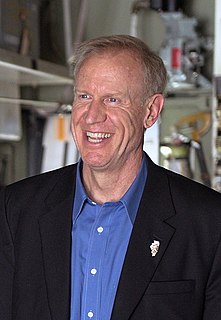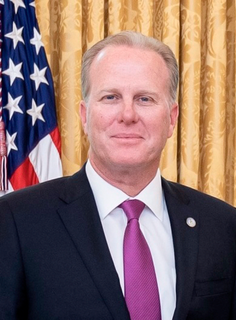A Quote by Greg Gianforte
I'm more concerned about maximum wages, not minimum wages.
Related Quotes
Sharp increases in the minimum wage rate are also inflationary. Frequently workers paid more than the minimum gauge their wages relative to it. This is especially true of those workers who are paid by the hour. An increase in the minimum therefore increases their demands for higher wages in order to maintain their place in the structure of wages. And when the increase is as sharp as it is in H.R. 7935, the result is sure to be a fresh surge of inflation.
I have had the view that cutting wages is not the path to prosperity, and one of the great myths propagated about my attitude to industrial relations is that I believe in lower wages. I've never believed in lower wages. Never. Never believed in lower wages, I've never believed in lower wages as an economic instrument.
If a market exists for low-paid work, then we should think about how we can make this type of work more attractive by providing government assistance. Of course, the wage-earner must be able to live off of his wages. We will not allow poverty wages or dumping wages. But the wage earner can receive a combined wage that includes both his actual wages and a government subsidy.
To the second end, we hold that minimum wage commissions should be established in the Nation and in each State to inquire into wages paid in various industries and to determine the standard which the public ought to sanction as a minimum; and we believe that, as a present installment of what we hope for in the future, there should be at once established in the Nation and its several States minimum standards for the wages of women, taking the present Massachusetts law as a basis from which to start and on which to improve.

































